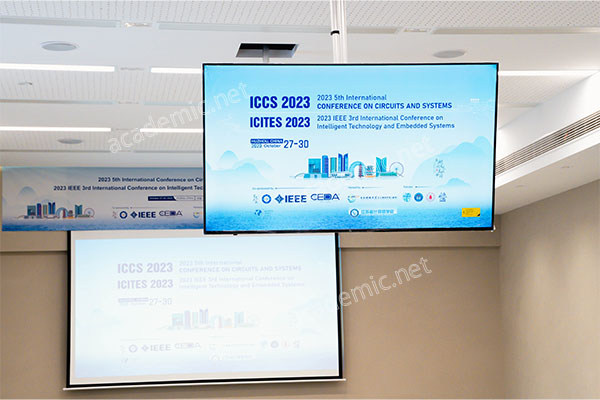Stay Updated with Academic Conference Schedules
Keeping track of academic conference schedules is vital for researchers, students, and professionals seeking to stay ahead in their fields. With conferences spanning various disciplines and locations, navigating through the options requires reliable resources and a strategic approach. Here’s how you can find and use conference schedules to enhance your academic journey.

1. Explore Trusted Platforms for Conference Listings
Websites like academic.net provide curated schedules of academic conferences from around the globe. These platforms allow users to search by topic, location, or date, ensuring that you can quickly find events tailored to your interests.
2. Filter by Discipline and Focus Areas
Academic conferences often cater to specific fields or sub-disciplines. When browsing schedules, filter events that align with your research or professional goals. This targeted approach saves time and ensures you choose conferences that are most relevant to your work.
3. Leverage Conference Apps and Tools
Many conferences now offer dedicated apps or online tools with real-time updates on schedules, speakers, and sessions. These tools help you customize your experience by setting reminders for sessions and tracking changes in the agenda.
4. Subscribe to Alerts and Newsletters
Stay informed by subscribing to conference alerts and newsletters. Organizers frequently share updates about new conferences, deadlines, and schedule changes, giving you a head start on planning your attendance.
5. Plan Early for High-Demand Events
Popular conferences often have limited slots for registration, especially for workshops or special sessions. Reviewing schedules early and registering promptly ensures you secure your place and avoid last-minute disappointments.
6. Understand the Conference Layout
Once you’ve selected an event, familiarize yourself with the detailed schedule and venue layout. Knowing session locations and timings will help you move efficiently between events and avoid missing key presentations.
7. Take Note of Deadlines
Schedules typically include important deadlines such as abstract submissions, registration closures, and early-bird discounts. Keeping these in mind allows you to prepare your work and budget effectively.
8. Synchronize with Your Calendar
Integrate conference schedules with your personal or professional calendar. Tools like Google Calendar or Outlook make it easy to add sessions, breaks, and networking events, ensuring you stay organized throughout the conference.
9. Maximize Your Experience Onsite
During the conference, use the schedule to prioritize sessions and make time for networking. Highlight keynotes, panel discussions, or workshops you don’t want to miss and take breaks strategically to recharge.
10. Access Post-Conference Materials
Some conferences provide recordings, slides, or summaries after the event. These materials can be invaluable for sessions you couldn’t attend or for revisiting key topics.
By staying updated with academic conference schedules, you can efficiently plan your attendance and gain the most from these opportunities. For a comprehensive list of upcoming conferences and tailored recommendations, visit academic.net.
